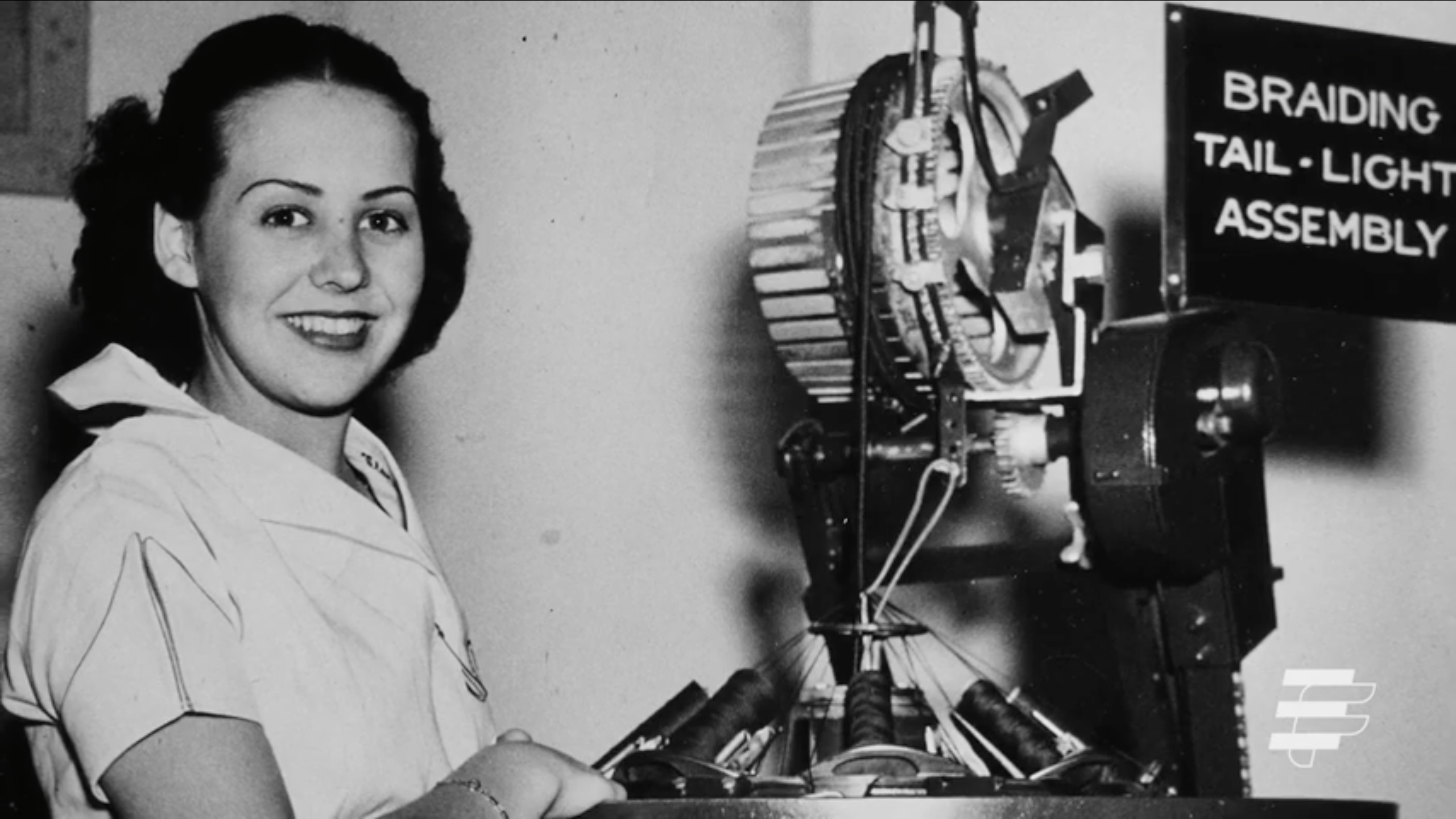History

Since 1930, Essex has forged a path by meeting magnet wire and cable requirements for the automotive, industrial, commercial & residential, energy, and communications markets.
Today we continue to expand our product portfolio globally, with new innovations and manufacturing throughout North America, Europe, and Asia. Thanks to strategic acquisitions centering on enamel and wire development, distribution, and a focus on automotive sector expansion, Essex has positioned itself as the leader in magnet wire product innovation and manufacturing.
Essex Is Born — 1930s and 1940s
Undaunted by the financial crisis and Great Depression, Addison E. Holton, then director of Anaconda Wire and Cable, put together a consortium of partners—called Essex Wire Corporation—and acquired the Ford Motor Company wire assemble operations. The company incorporated on Feb. 15, 1930 and employed 700 workers.
Change and Growth — 1960s
In 1959, Addison Holton stepped down as the President of Essex.
He was succeeded by Walter F. Probst (pictured).
In one of his first acts as President, Probst moved the company headquarters to Fort Wayne, where it had already been manufacturing for nearly three decades.
Mergers and Market Shifts — 1970s and 1980s
From 1970 to 1974 there were numerous merger talks that fell through regarding the acquisition of Essex, until one came to pass.
In one of his last acts as CEO, O'Malley completed the merger of Essex with United Aircraft Corporation of East Hartford, Conn., making the company a wholly-owned subsidiary.
New Opportunities — 1990s
The early ‘90s was a period of recognition for the brand as it was awarded a Mark of Excellence from General Motors as well as ISO 9000 and QS 9000 world-wide quality certifications.
The culture of the company moved quickly into the computer age, increased attention to employee work-life balance, as well as encouraging community service. It looked to reduce cost and increase capacity for future growth.
Global Expansion — 2000s
With the opening of the new millennia there was a stated mission from operational leadership to expand the footprint of the company and become a true, global power.
To start that process, Essex acquired Belden's OSP wire plus a portion of Nexas' North American magnet wire business.
Diversification — 2010s
Essex acquired the IVA enamel plant in Changzhou, China to aid in the innovation and development of enamels as well as continue the evolution to being vertical integrated.
In May, Essex Group Inc. acquired the assets of Furukawa Electric Co, Ltd (FEC) and American Furukawa, Inc. (AFI) winding wire business in the United States.
A New Era — 2020s
Essex Magnet Wire and Furukawa Electric Co., Ltd., announced that the two companies completed a new global joint venture.
The venture was designed to create one company that leads in technological advancements. It also created a brand that had market leadership positions in North America, Europe, and Asia. It also allowed the company to benefit from significant synergies that led to expanded global sales and technical teams, increased global rod & foundry resources, and a diversified global innovation team, especially for EV/HEV developments.
Racing — 60s-Present
In 1965, Essex sponsored the Ford Racing Team giving the brand a chance to showcase its largest customer as well as its magnet wire technology.
The result was a very successful partnership as the team finished fourth in the US Road Racing Championship circuit. The car, known affectionately as “Ollie the Dragon,” got its nickname is it regularly shot fire from out of the hoodscoop.
